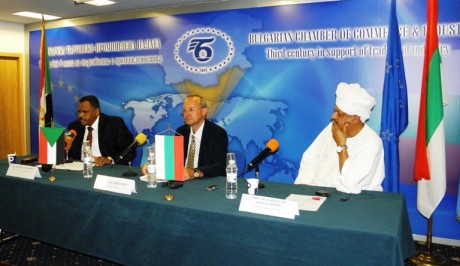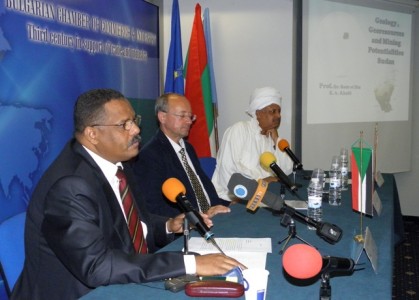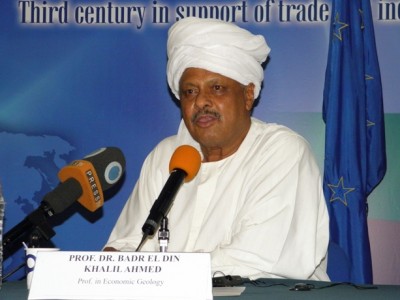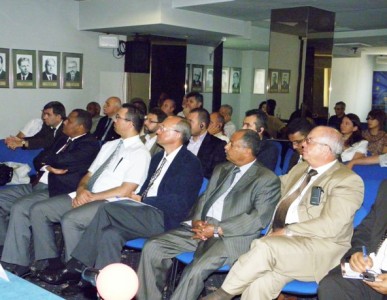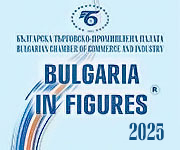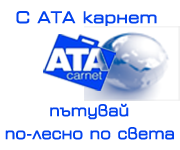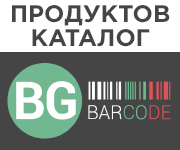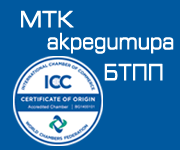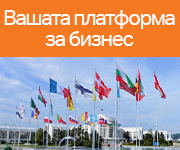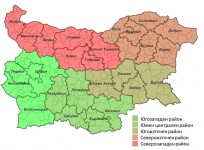Назад
Назад
Almost the entire periodic table can be found in Sudan
“The presentation of the potential and natural resources of Sudan is only the beginning of a good cooperation between the business communities of the two countries”, the President of BCCI, Mr. Tsvetan Simeonov said in his opening speech to the “Geology, Georesources and Mining Potentialities - Sudan” presentation.
On 18 July 2011, only 10 days after the separation of Sudan, the Bulgarian Chamber of Commerce and Industry hosted the presentation of Prof. Dr. Badr El Din Khalil Ahmed, Prof. in Economic Geology, who graduated the University of Khartoum and specialised in London and Moscow. The presentation was organized on the initiative of the Embassy of Sudan in Bulgaria.
Mr. Simeonov shared with the Bulgarian businessmen, diplomats and journalists who took part in the event that the presentation of the natural resources of the African country will usher new forms of fruitful cooperation. For this purpose, last week a meeting was held with the newly appointed Charge d’Affaires a.i. of the Republic of Sudan in Sofia, H.E. Hussein M. Hussein.
Mr. Hussein presented Sudan as a land of resources and opportunities. Additional details and facts were provided by Prof. Badr Ahmed who made a virtual geological tour of the entire country.
As of 9 July 2011, the territory of Sudan is 1.7 mln. sq. m. Previously, the country had a territory of 2.5 mln. sq. km. The climate is hot, even extremely hot and in the south it rains for 2 months of the year. The North part of the country is taken up by a desert, and the South is in the tropics. According to Prof. Badr Ahmed water is the most precious resource in Sudan.
Geologically there are 5 differentiated areas with concentration of natural resources – ores and minerals. Almost the entire periodic table can be found in Sudan / Au, Ag, Pt, Cu, Pb, Zn, Ni, Co, W, Sn, Mo, U, Cr, Mn, Fe/, as well as marble, gypsum, precious and semi-precious stones, graphite, magnesium, mica, phosphates, talc, salt, kaolin, barite, quartz and other building materials. Cement from marble is produced in the country. Basalt deposits were discovered in the Sahara desert, which are very useful for the construction of a road to Egypt.
In the African country not only the mountains are researched for metals, but the lowlands as well where the main deposits of water and oil are situated. The country has well-developed agriculture with developed irrigation system thanks to the river Nile which crosses the territory of the country. Naturally, there are regions where water is very precious and scarce – obtained mainly from seasonal rains.
Gold is found almost everywhere and extracted by means of several kinds of technologies – electrolysis, blow, wash, etc. In the country around 5 tons of gold are produced yearly.
In 1970 oil was discovered in Sudan and the first export of oil was made in 1999. The black gold is obtained by means of concessions, managed by 26 international companies. The country has deposits of natural gas as well, but it is under high-pressure and requires a special technology for extraction.
According to Prof. Badr Ahmed only 10% of the natural resources in his country have been valued and developed. The Professor concluded that many minerals and resources may be obtained in the country, but they aren’t used sufficiently enough. New financing for investments, concessions, machines and equipment is needed, as well as foreign technologies. The country is poor and needs partners in order to extract the various georesources.
This type of cooperation may be independent – if a foreign company starts working in Sudan, or it may be by means of a joint venture, or by implementing projects of different importance and with various goals.
To realize these opportunities the government of Sudan adopted an Investment Promotion Act. It was distributed among the participants in the presentation and more information is available at: www.sudanunvest.gov.sd
The presentation continued with many questions from the Bulgarian businessmen and a lively discussion.
18.07.2011
Още новини:
-
13-07-2011
-
07-07-2011

 1 USD =
1 USD =  1 GBP =
1 GBP =  1 CHF =
1 CHF =  ISO 9001:2015
ISO 9001:2015